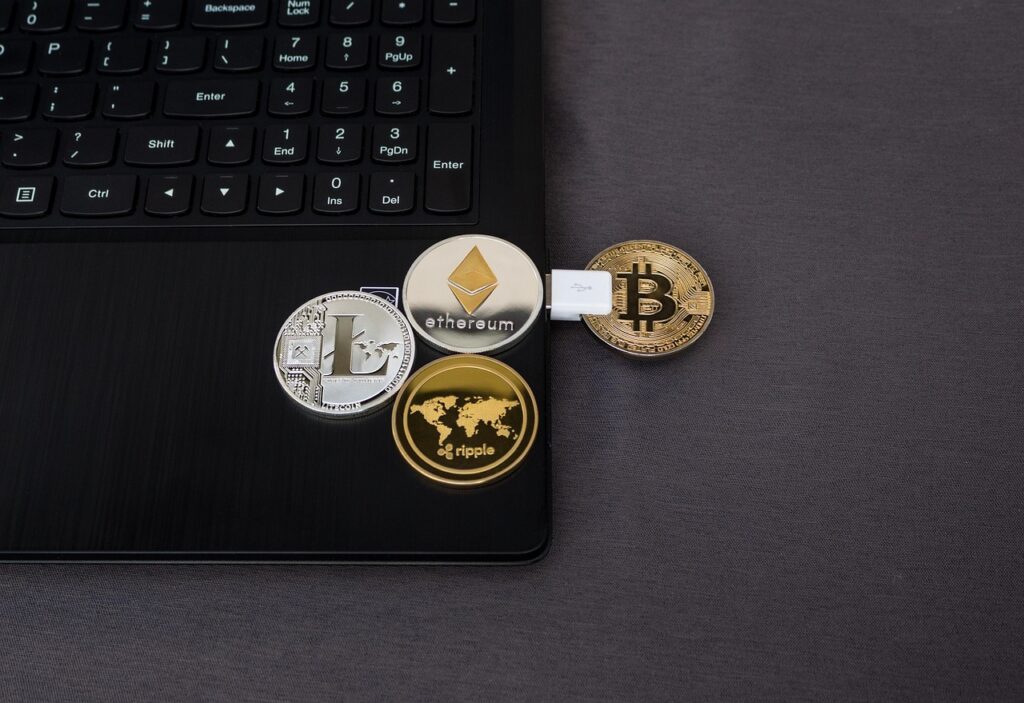📌 Table of Contents

- Introduction: What Is a Crypto Wallet?
- How Do Crypto Wallets Work?
- Types of Crypto Wallets
- Hot Wallets
- Cold Wallets
- Public and Private Keys Explained
- Wallet Addresses and How You Use Them
- Custodial vs. Non-Custodial Wallets
- How to Choose the Right Wallet
- Tips for Wallet Security
- Conclusion
🧠 Introduction: What Is a Crypto Wallet?
Think of a crypto wallet like a digital version of your leather wallet, but instead of holding paper money and cards, it holds cryptographic keys that give you access to your digital assets like Bitcoin, Ethereum, and other cryptocurrencies.
But here’s the catch: crypto wallets don’t actually store crypto. Instead, they store the keys that prove ownership of your coins stored on a blockchain.
⚙️ How Do Crypto Wallets Work?
Cryptocurrencies live on blockchains—decentralized digital ledgers spread across thousands of computers. Your wallet doesn’t hold coins but rather the private keys needed to unlock and manage the coins associated with your blockchain address.
When you:
- Send crypto: Your wallet uses your private key to sign the transaction and broadcast it to the network.
- Receive crypto: Others send funds to your wallet address (a public key), which gets recorded on the blockchain.
In essence, your wallet is your keychain to your digital assets.
🧊 Types of Crypto Wallets
🔥 1. Hot Wallets (Online)

Hot wallets are connected to the internet. They are fast and convenient for daily use, but also more vulnerable to hacks.
- Examples: Mobile wallets (like Trust Wallet), desktop apps (like Exodus), browser extensions (like MetaMask)
- Pros: Easy access, user-friendly, fast
- Cons: Higher risk of being hacked
❄️ 2. Cold Wallets (Offline)
Cold wallets are not connected to the internet. They offer much stronger security and are ideal for long-term storage.
- Examples: Hardware wallets (Ledger, Trezor), paper wallets, air-gapped devices
- Pros: Extremely secure, resistant to online threats
- Cons: Less convenient, requires careful handling
🔑 Public and Private Keys Explained
Every wallet generates a key pair:
- Public Key: Like your email address—used to receive funds
- Private Key: Like your password—used to access and send your crypto. Never share it.
If someone gets your private key, they have full control over your funds.
🧾 Wallet Addresses and How You Use Them
A wallet address is a string of letters and numbers that represents your public key in a shorter form.
Example:
1A1zP1eP5QGefi2DMPTfTL5SLmv7DivfNa
You share this address when receiving crypto. Just like someone needs your bank account number to send you money, they need your wallet address to send you crypto.
🏦 Custodial vs. Non-Custodial Wallets
- Custodial Wallets: A third party (like an exchange) controls your private keys.
- Examples: Binance, Coinbase
- Pros: Easy to use, recoverable if you lose your password
- Cons: Less control, subject to platform hacks or freezes
- Non-Custodial Wallets: You control your private keys.
- Examples: MetaMask, Trust Wallet, Ledger
- Pros: Full ownership and control
- Cons: No recovery if you lose your keys or seed phrase
Rule of thumb: “Not your keys, not your crypto.”
🎯 How to Choose the Right Wallet
Ask yourself:
- How often will I use it? (Daily traders may prefer hot wallets)
- How much are you storing? (Larger amounts are better stored in cold wallets)
- Do I want full control or convenience?
- What coins/tokens do I need to support?
A good strategy is to use both:
- A hot wallet for regular use
- A cold wallet for long-term storage
🛡️ Tips for Wallet Security
- Back up your seed phrase – offline and in multiple places
- Use hardware wallets for large amounts
- Don’t share your private key with anyone
- Enable two-factor authentication (2FA) for extra security
- Beware of phishing links and fake wallet apps
🧭 Conclusion
Crypto wallets are the gatekeepers to your digital wealth. Whether you’re a beginner or a seasoned investor, understanding how wallets work—and how to protect them—is crucial.
From the sleek convenience of a mobile wallet to the bank-vault security of a hardware wallet, the choice is yours. What matters most is this: you are your own bank now—with freedom comes responsibility.

